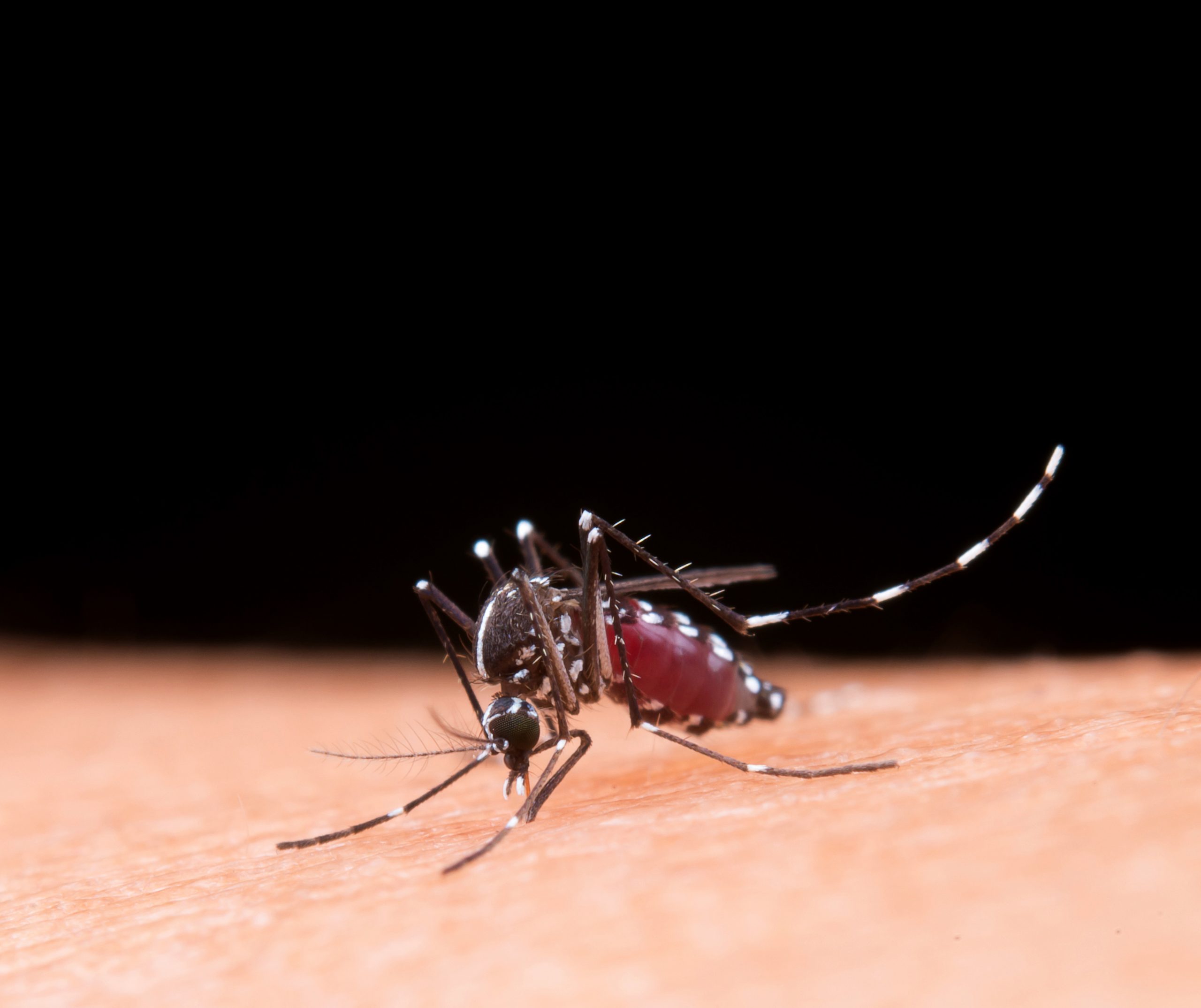

Based on new research from the University of Adelaide, the World Health Organization (WHO) has changed its guideline for malaria prevention mosquito nets.
Dr. Timothy Barker of the JBI Adelaide GRADE Center at the University of Adelaide led a team that demonstrated the efficacy o f a combination of insecticides in treating malaria preventing mosquito nets. PLOS ONE published the university’s systematic review.
Since 2005, pyrethroid insecticide-treated mosquito nets have been supplied in malaria prone areas around the world, however some mosquito populations have evolved resistance to the material.
“The number of malaria cases actually increased in 2020, whereas there was a continued and steady decrease in the number of malaria cases observed from 2000 to 2019,” said Dr. Barker.
“Given this, the WHO was interested in a new type of bed net that had been recently investigated in some clinical trials that might combat this issue.
“In order for any new recommendation for health care to be made, results from individual trials need to be systematically reviewed. As experts in research methodology, systematic reviews and the development of guidelines for recommendation, the WHO asked us to assist them in this process.”
Dr. Barker’s team examined the findings of randomized controlled trials done in the Republic of Benin, Burkina Faso, and Tanzania, where mosquitos were shown to be resistant to common insecticides. They discovered that mixing pyrethroid insecticide with chlorfenapyr increased its efficacy.
“Chlorfenapyr acts as a synergist to the pyrethroid insecticide by disrupting the mosquito’s ability to produce energy. This increases the ‘killing effect’ of the net with no additional harm to the person sleeping under it,” Dr. Barker explained.
The World Health Organization has amended its malaria recommendations to include nets treated with pyrethroid-chlorfenapyr as well as a less effective pyrethroid-pyriproxyfen combination. Sleeping under a mosquito net is one of the most effective ways to avoid mosquito bites, which spread malaria.
Malaria might threaten nearly half of the world’s population by 2021. In that year, there were an estimated 247 million illnesses and 619,000 deaths globally.
“To directly contribute to a recommendation that will prevent people from developing malaria, and subsequently reducing the number of people that may unfortunately die due to this terrible disease is something that I am extremely proud of,” Dr. Barker said.
“To do this work on behalf of the University of Adelaide, using the resources and skills that I have developed as both a student and researcher of this institution I believe is a testament to the international impact that our University can provide.”
more recommended stories
 Can Ketogenic Diets Help PCOS? Meta-Analysis Insights
Can Ketogenic Diets Help PCOS? Meta-Analysis InsightsKey Takeaways (Quick Summary) A Clinical.
 Silica Nanomatrix Boosts Dendritic Cell Cancer Therapy
Silica Nanomatrix Boosts Dendritic Cell Cancer TherapyKey Points Summary Researchers developed a.
 Vagus Nerve and Cardiac Aging: New Heart Study
Vagus Nerve and Cardiac Aging: New Heart StudyKey Takeaways for Healthcare Professionals Preserving.
 Cognitive Distraction From Conversation While Driving
Cognitive Distraction From Conversation While DrivingKey Takeaways (Quick Summary) Talking, not.
 Fat-Regulating Enzyme Offers New Target for Obesity
Fat-Regulating Enzyme Offers New Target for ObesityKey Highlights (Quick Summary) Researchers identified.
 Spatial Computing Explains How Brain Organizes Cognition
Spatial Computing Explains How Brain Organizes CognitionKey Takeaways (Quick Summary) MIT researchers.
 Gestational Diabetes Risk Identified by Blood Metabolites
Gestational Diabetes Risk Identified by Blood MetabolitesKey Takeaways (Quick Summary for Clinicians).
 Phage Therapy Study Reveals RNA-Based Infection Control
Phage Therapy Study Reveals RNA-Based Infection ControlKey Takeaways (Quick Summary) Researchers uncovered.
 Pelvic Floor Disorders: Treatable Yet Often Ignored
Pelvic Floor Disorders: Treatable Yet Often IgnoredKey Takeaways (Quick Summary) Pelvic floor.
 Urine-Based microRNA Aging Clock Predicts Biological Age
Urine-Based microRNA Aging Clock Predicts Biological AgeKey Takeaways (Quick Summary) Researchers developed.

Leave a Comment